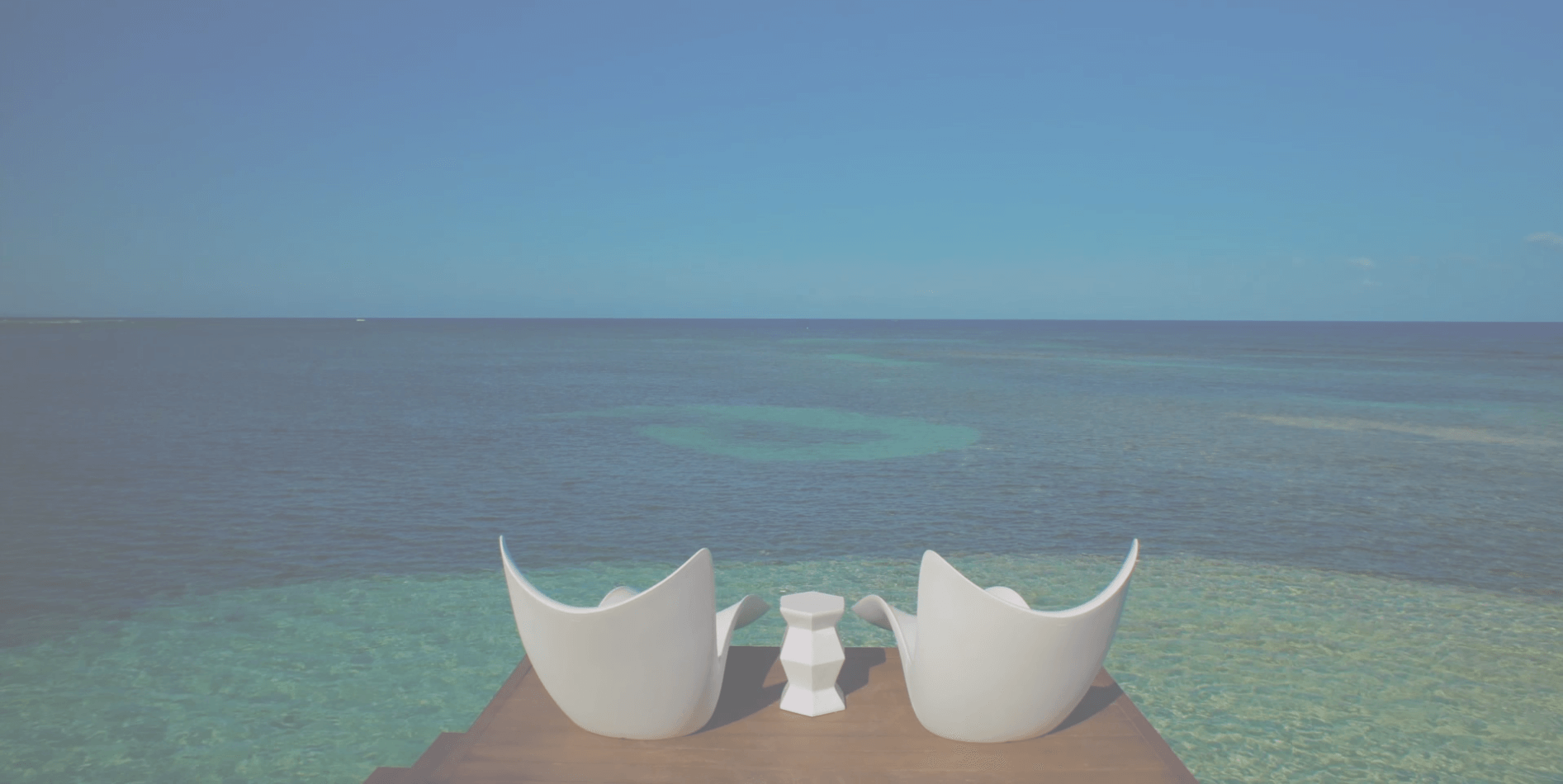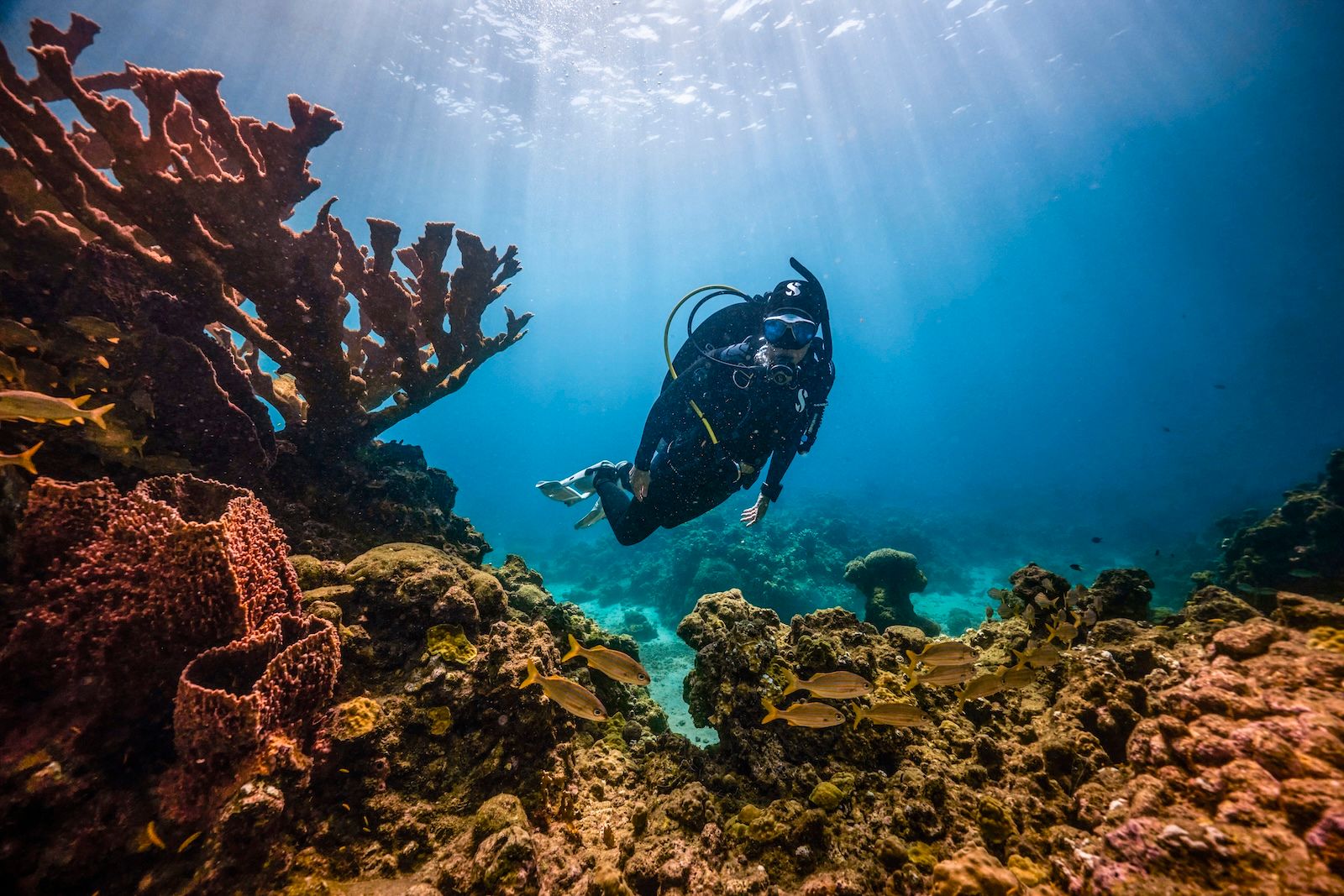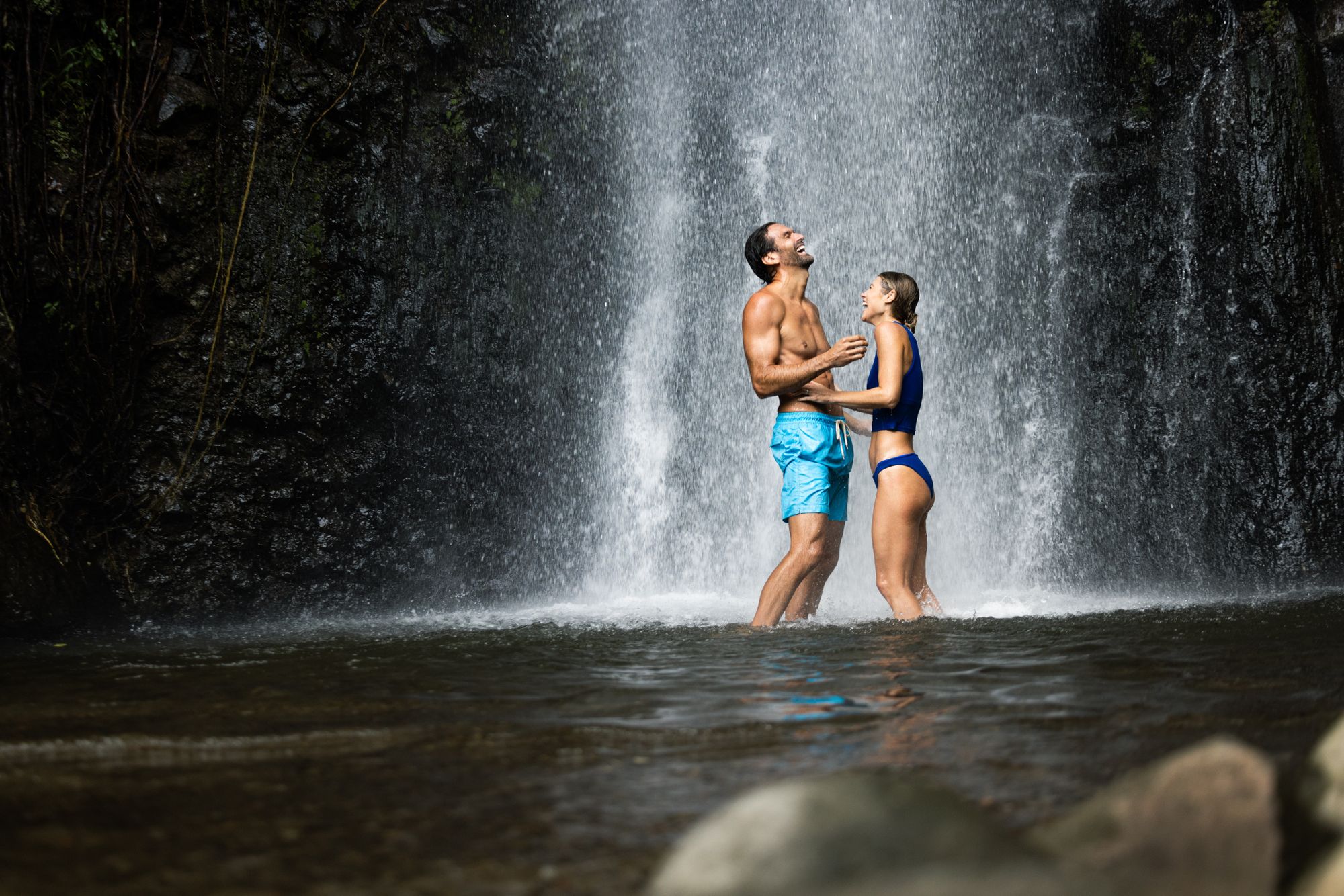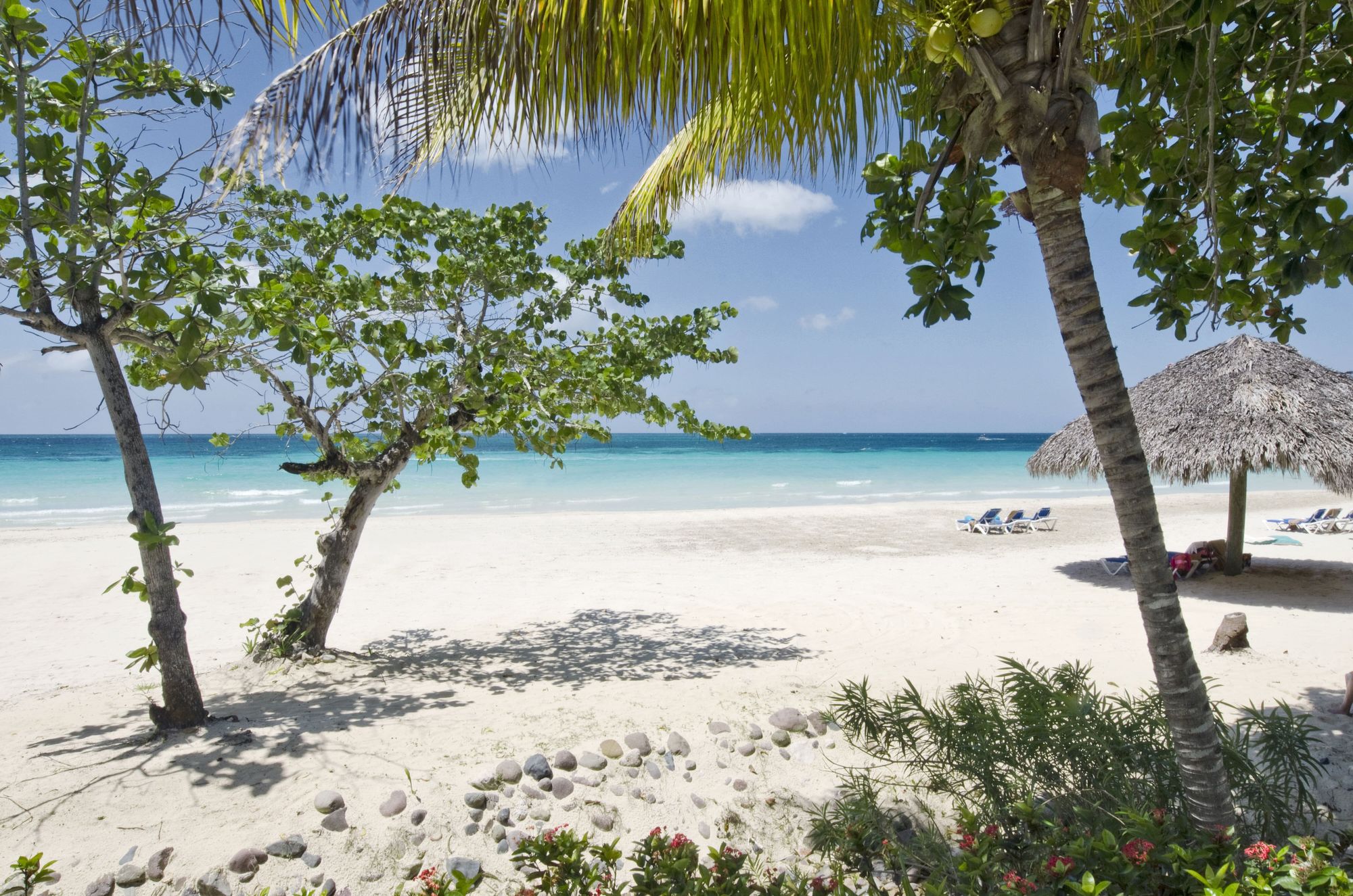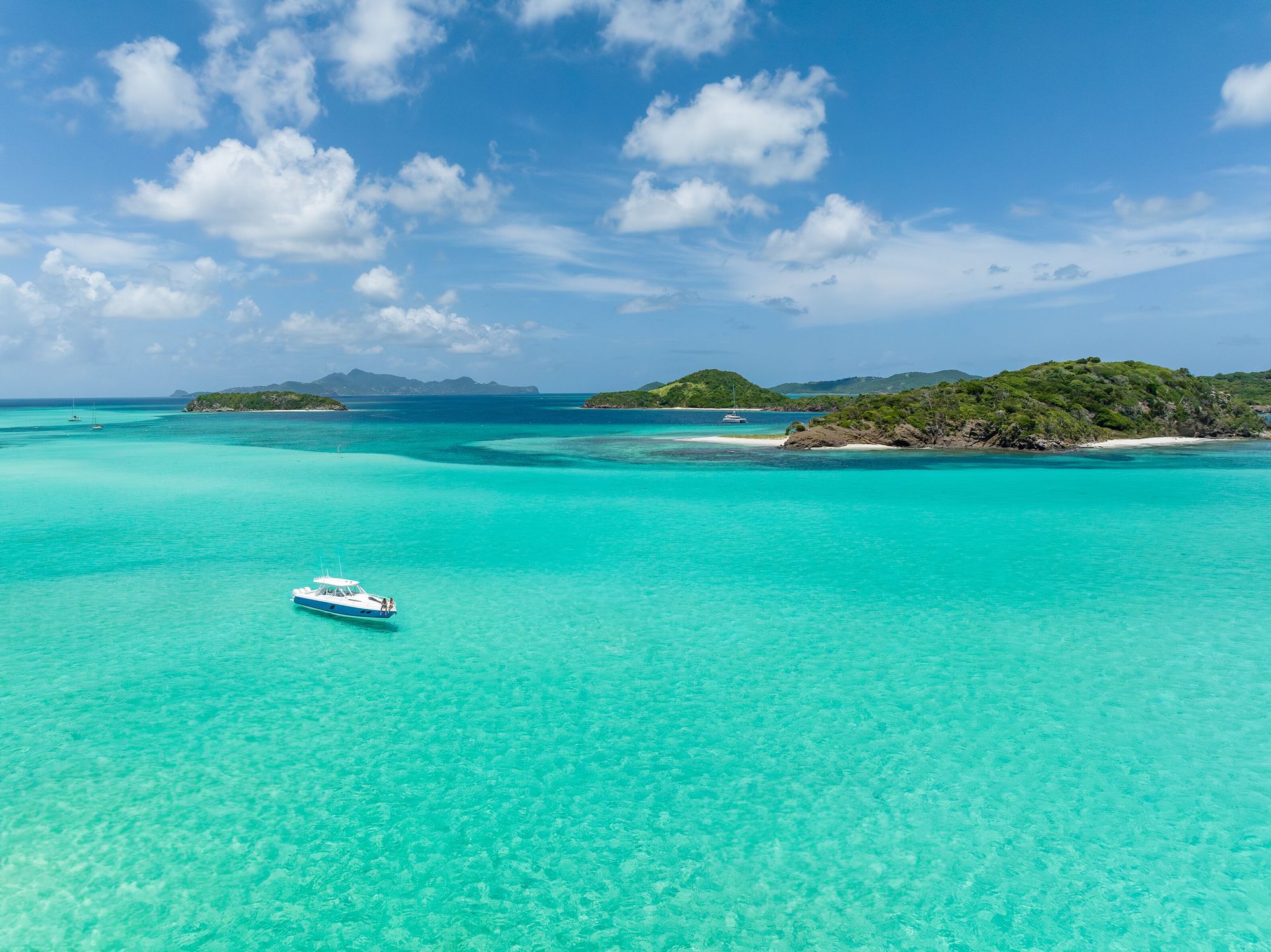5 Women to Know this PADI Women's Dive Day
Women all over the world are diving head-first into new adventures, and today, we celebrate the ones descending into the silent world beneath the surface. July 20, 2024, marks the tenth anniversary of PADI Women's Dive Day, a holi…
READ MOREThe Ultimate Guide to Dark View Falls: Nature, Adventure, and Relaxation
Dark View Falls. There’s much to be discovered about this off-the-beaten-path waterfall in Saint Vincent. Its beauty and history both contribute to its intrigue.…
READ MOREThe 14 Best Places To Travel To In April Near the U.S.
The month of April is a great time of year to travel! It marks the start of the peak season for travel in many parts of the world and also signifies the end of the winter season. Since April is synonymous with springtime, it’s the…
READ MOREThings St Vincent Is Known For & Why You Should Absolutely Visit This Island
St. Vincent & The Grenadines is known for more than just its stunning natural beauty. It is also renowned for its many cultural attractions, unique black sand beaches, luxury all-inclusive resorts, and beautiful islands. This…
READ MOREAntigua vs Saint Lucia: Which Vacation Destination Is Best For You?
Beautiful islands abound in the Caribbean! If you’re trying to decide which island to visit, keep in mind that your choice will be almost entirely determined by the type of vacation you want. There is a lot to consider if you are…
READ MORE